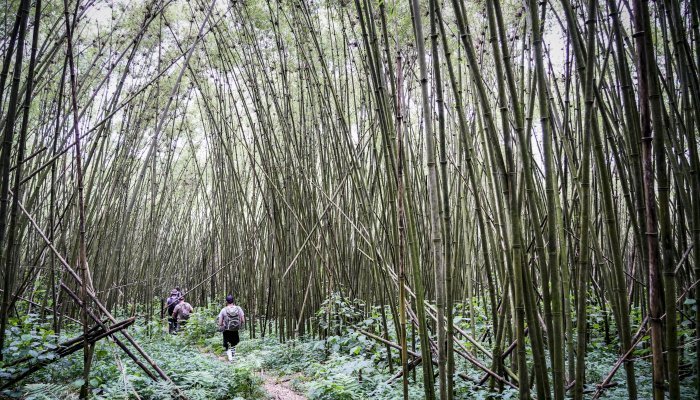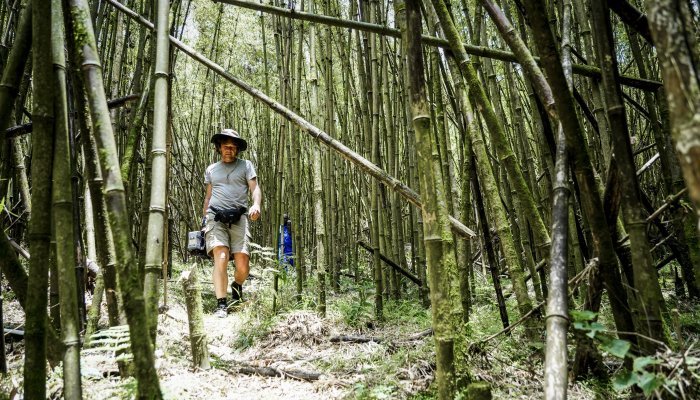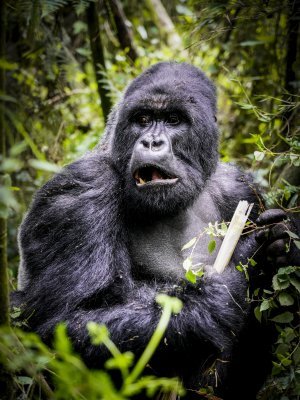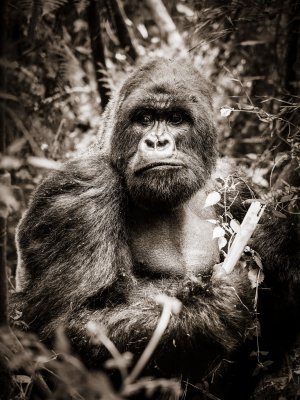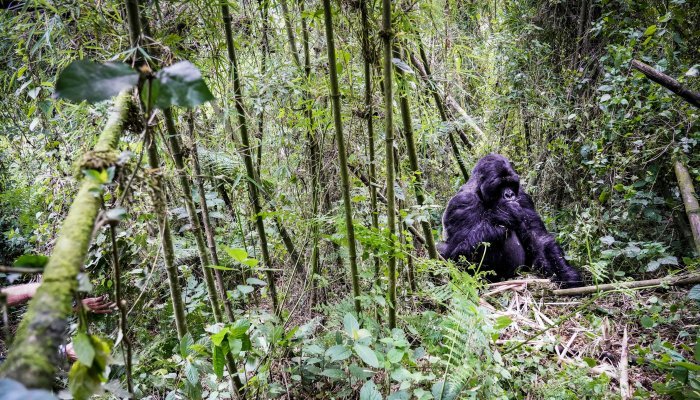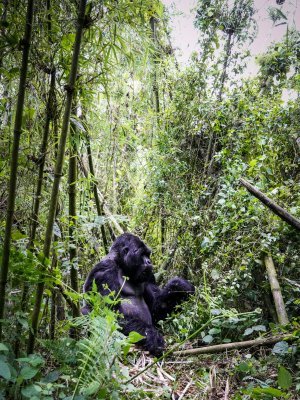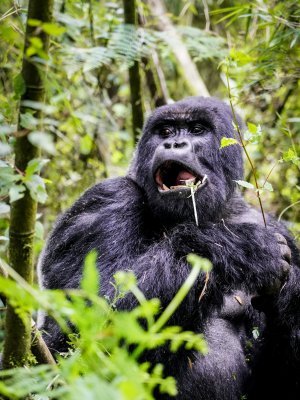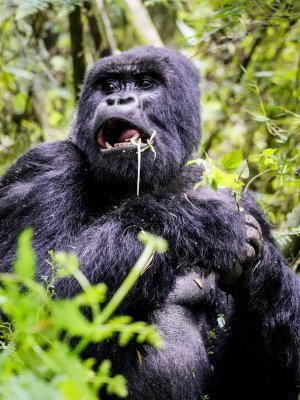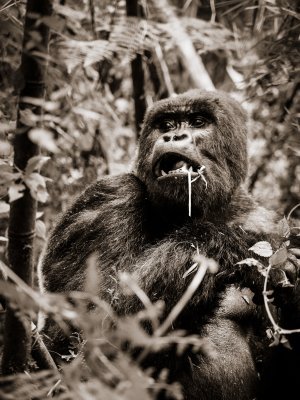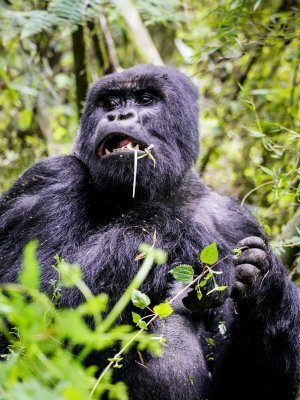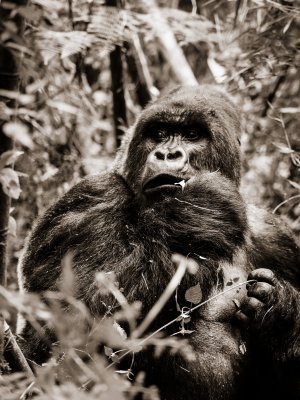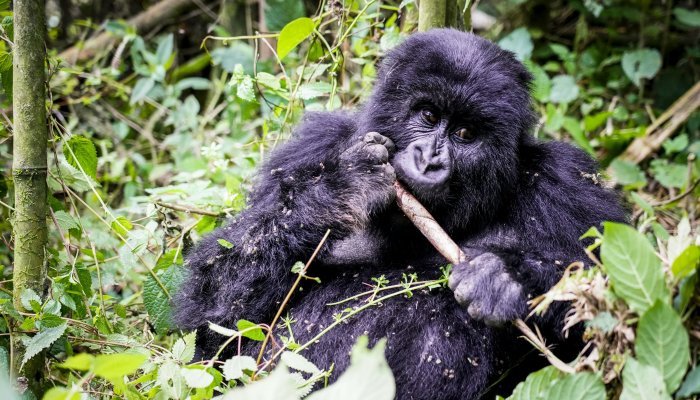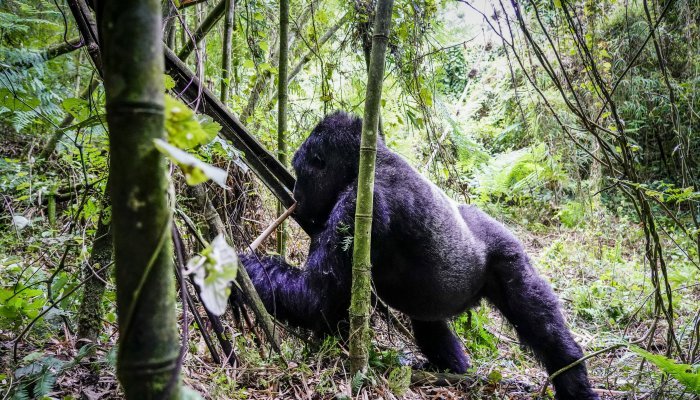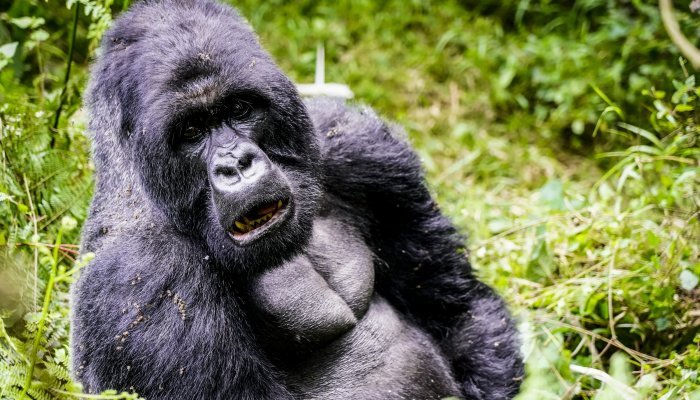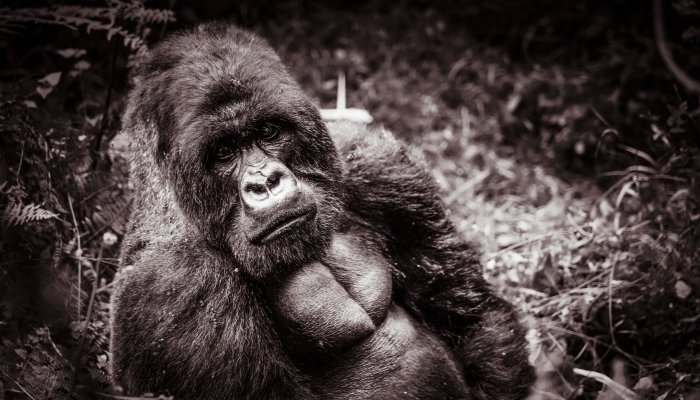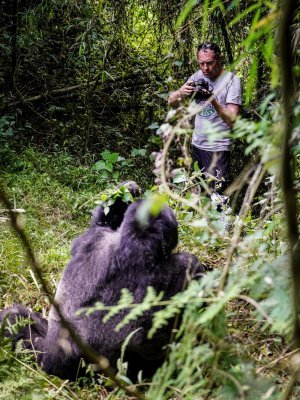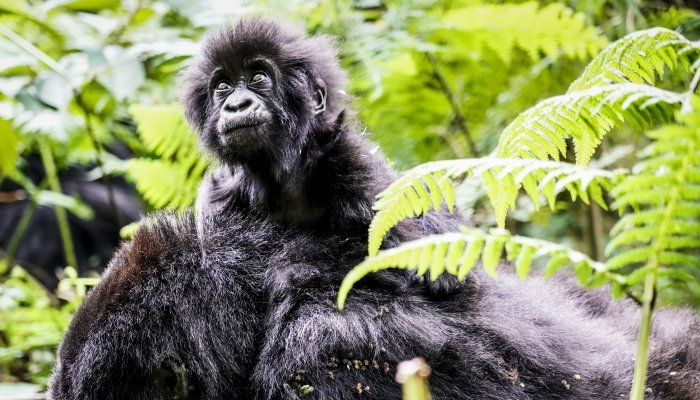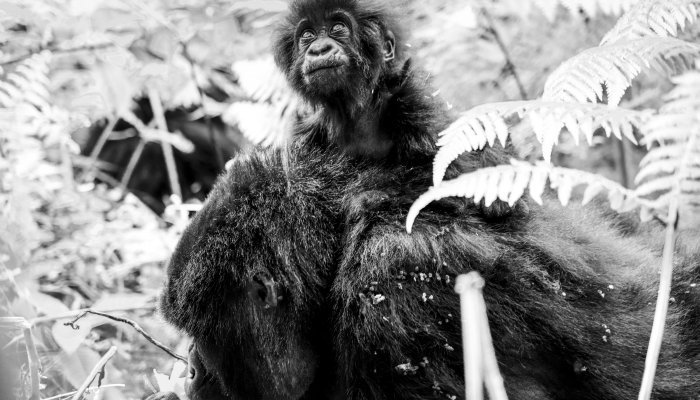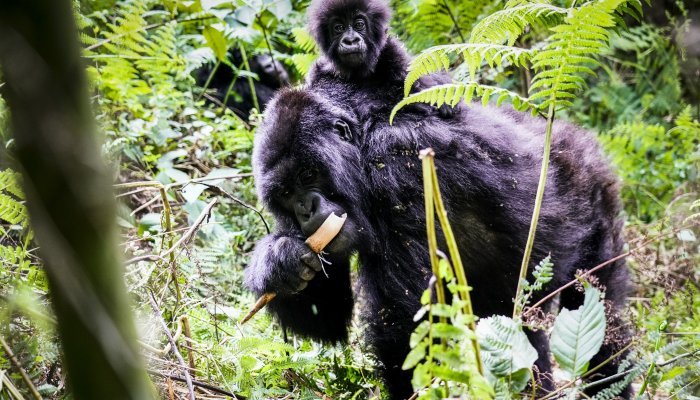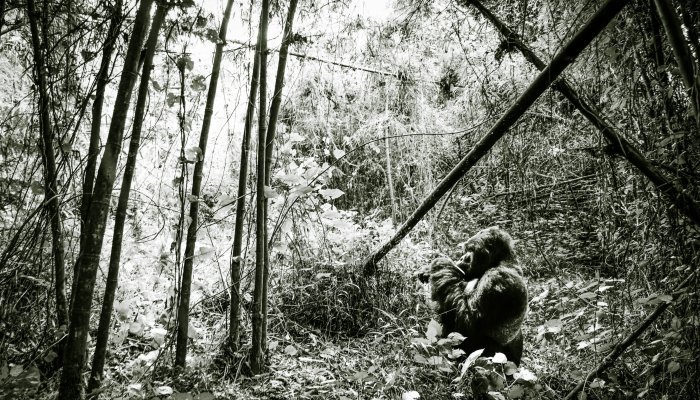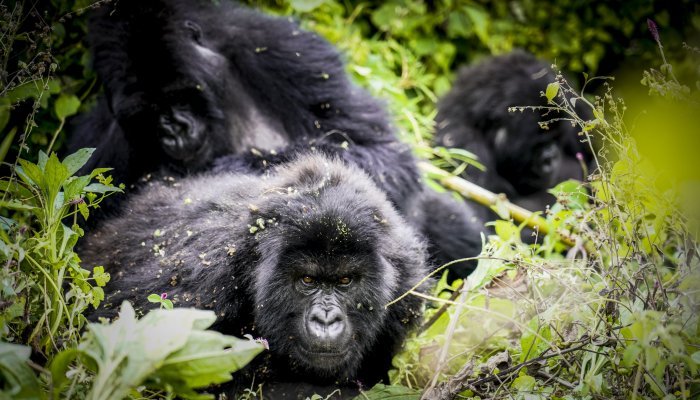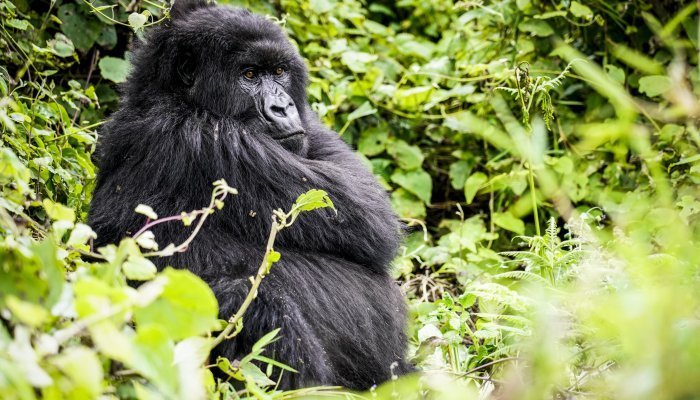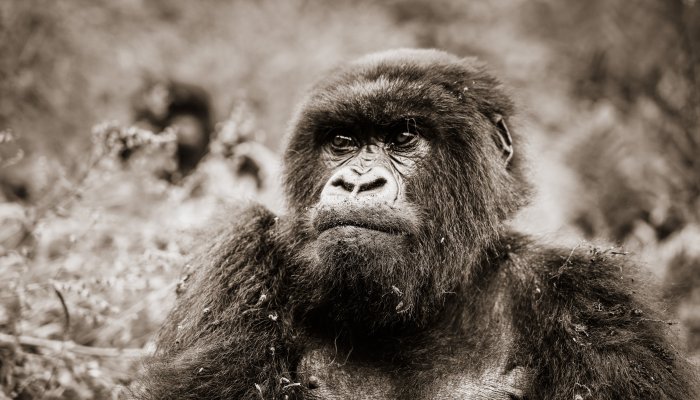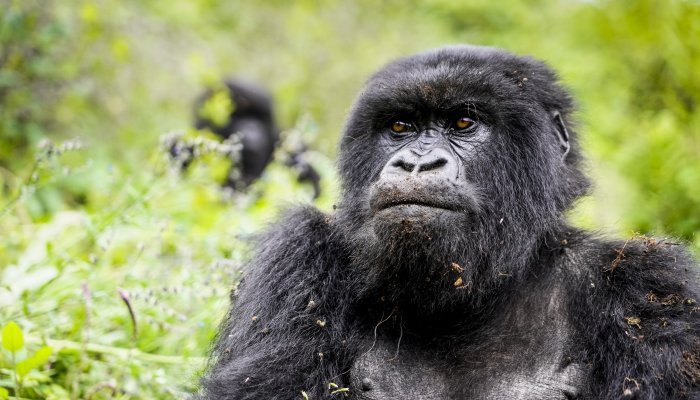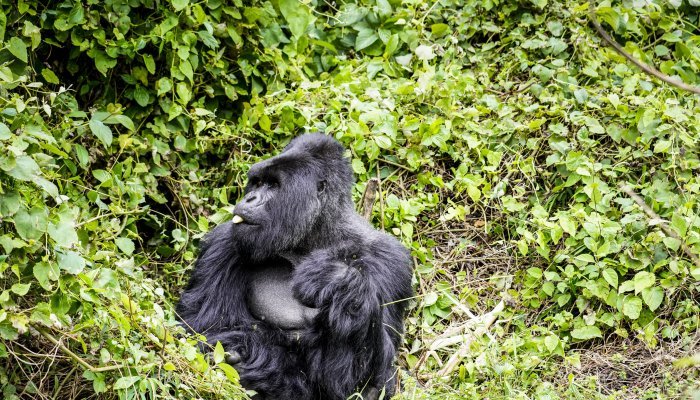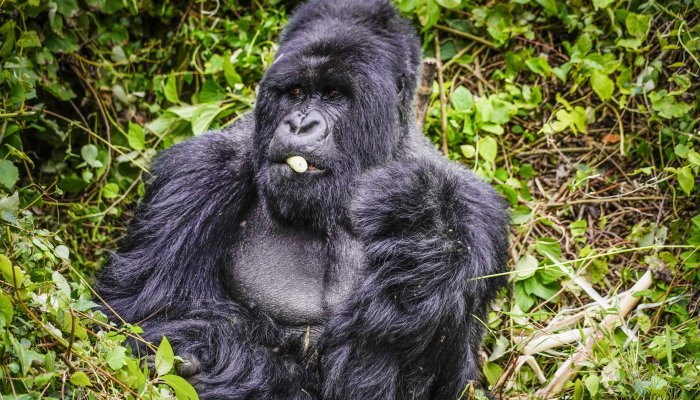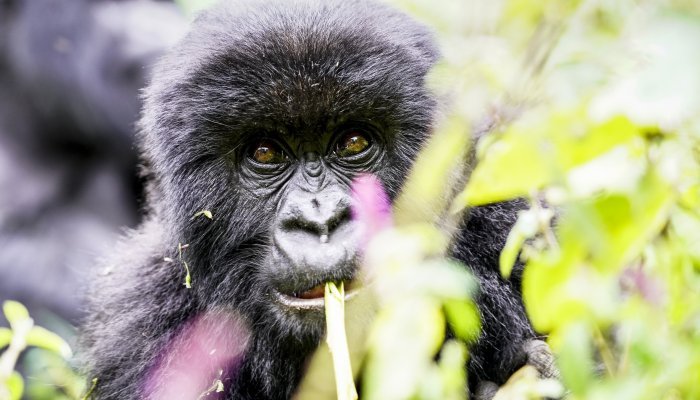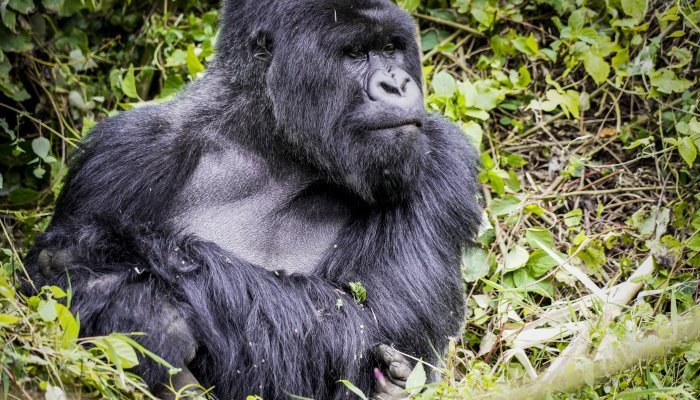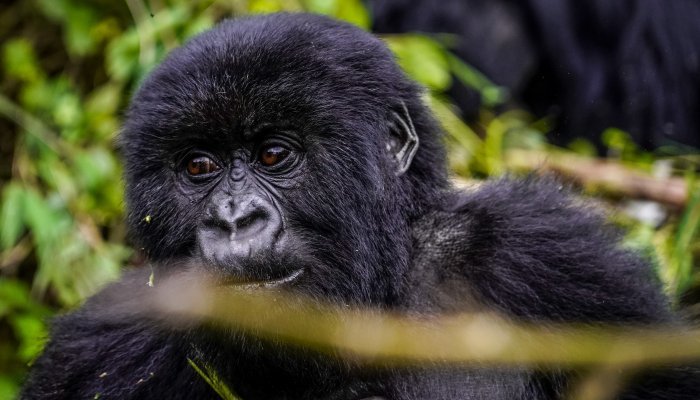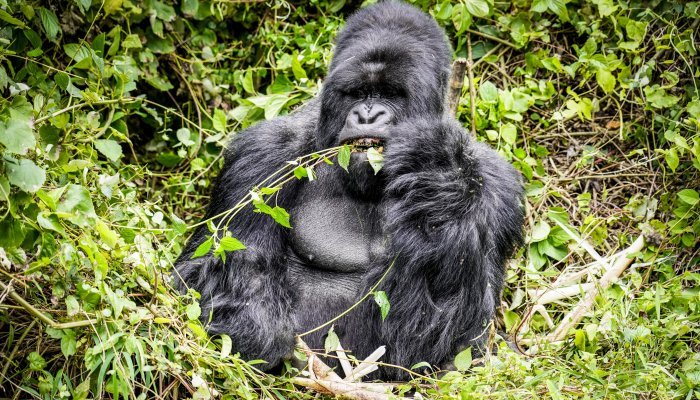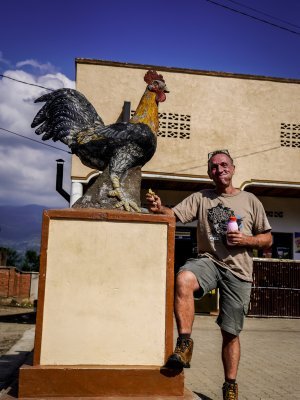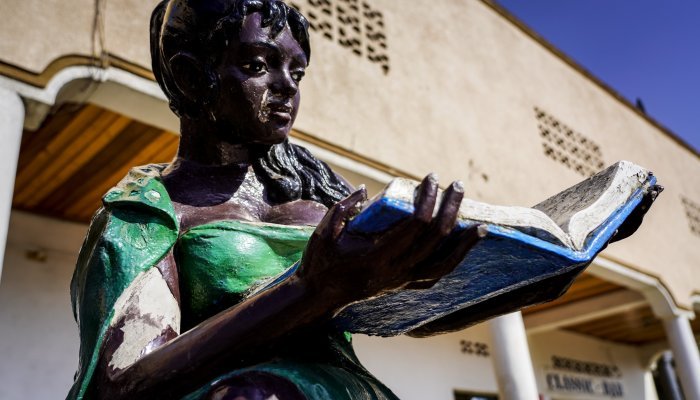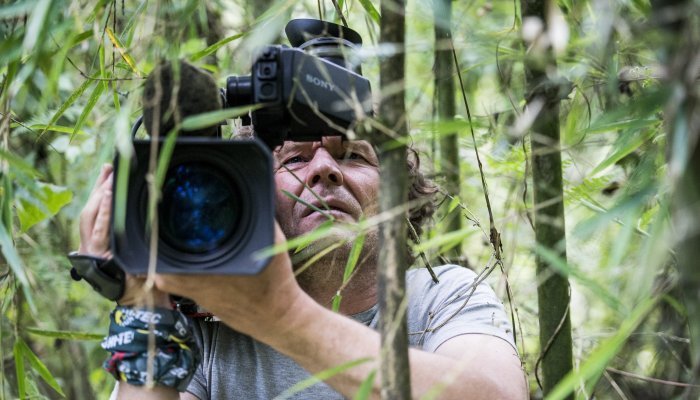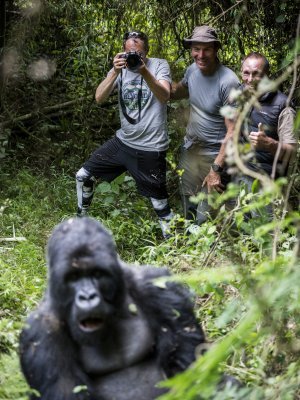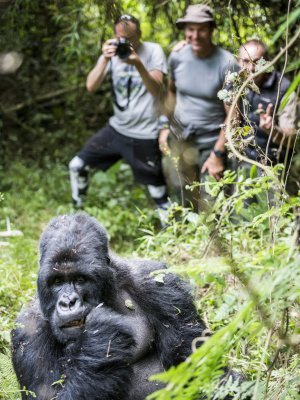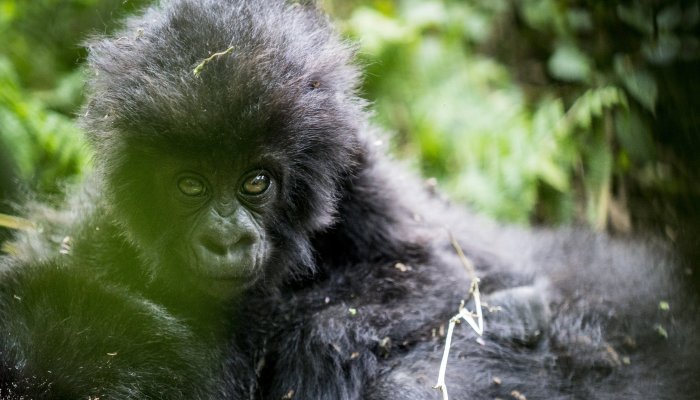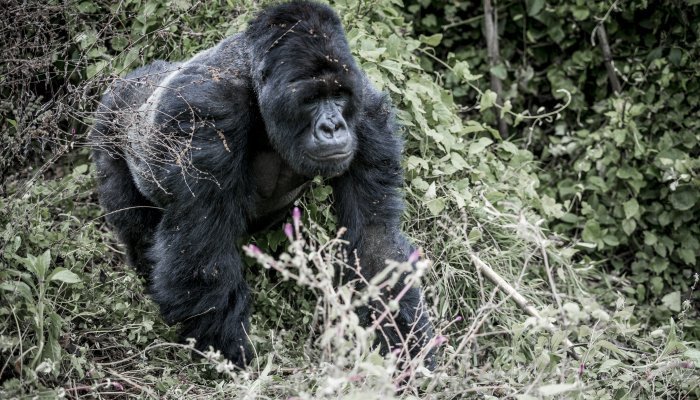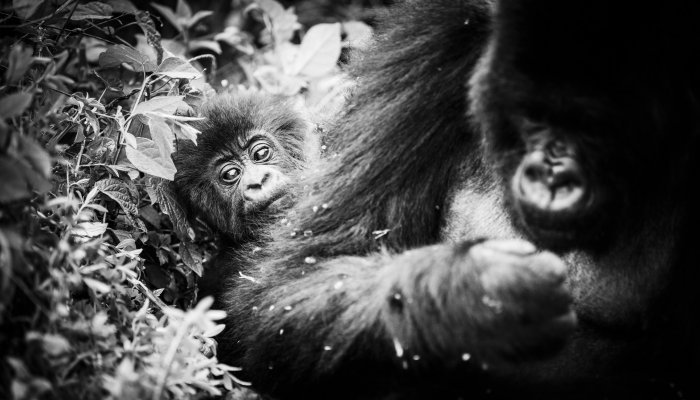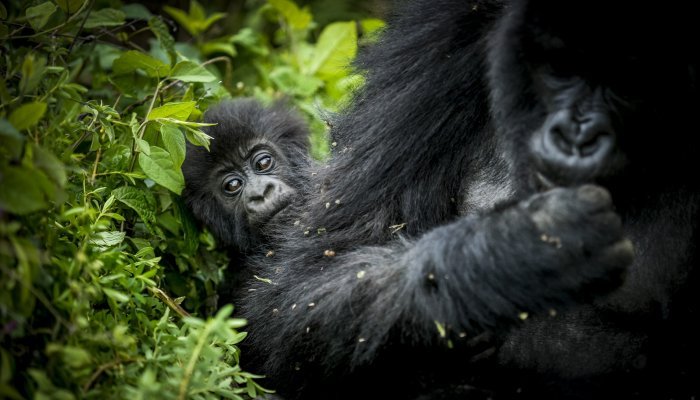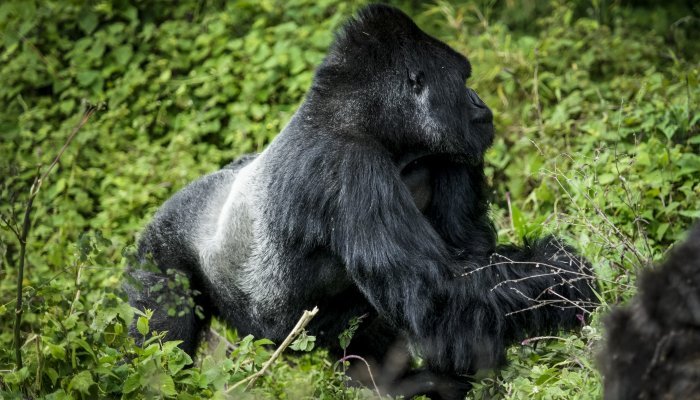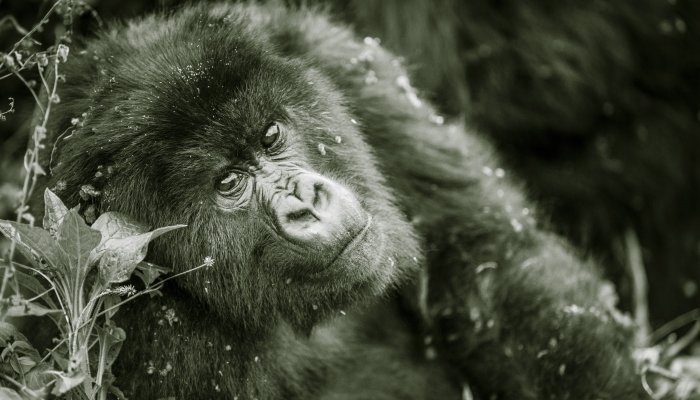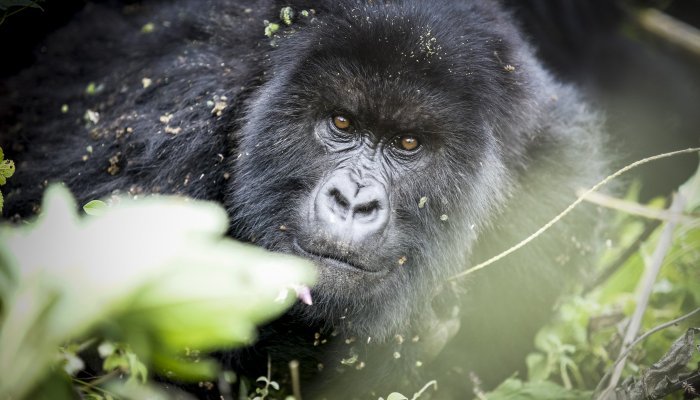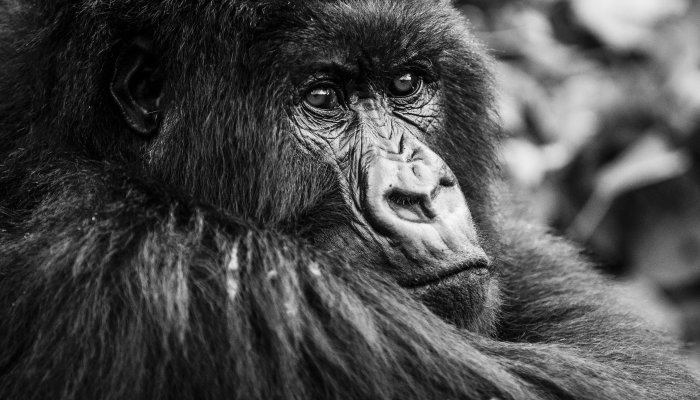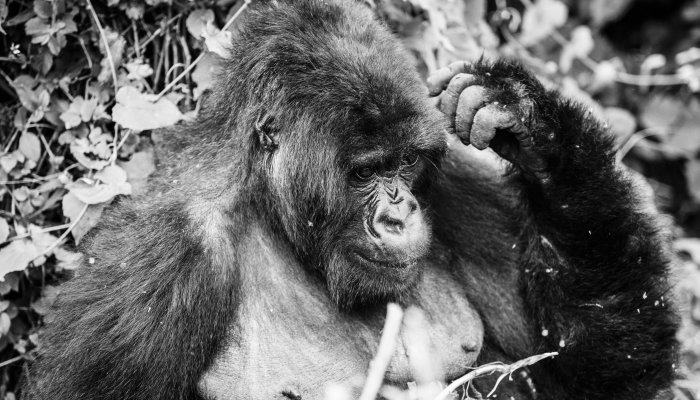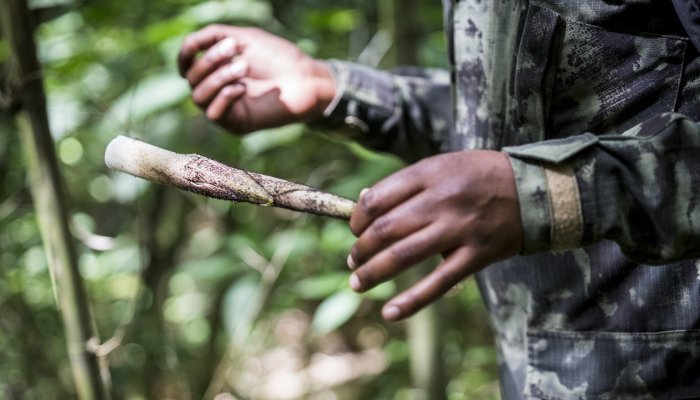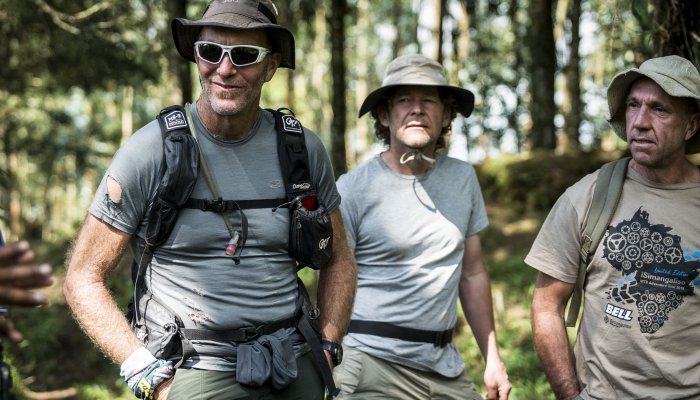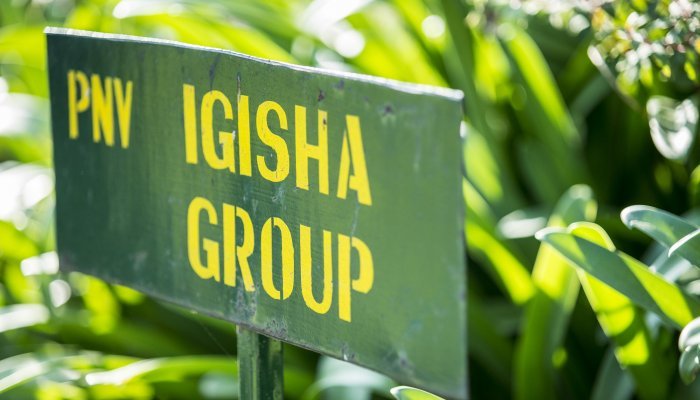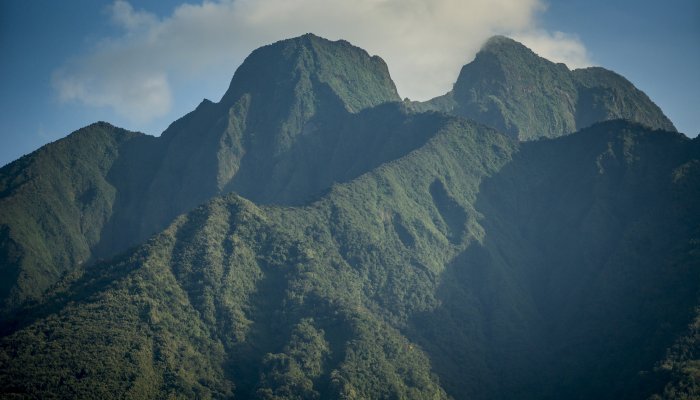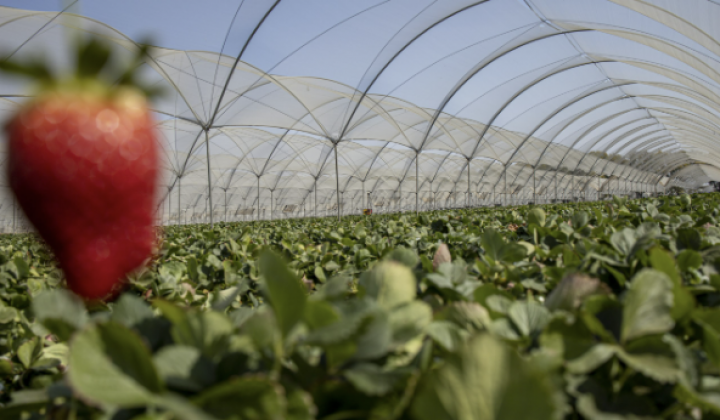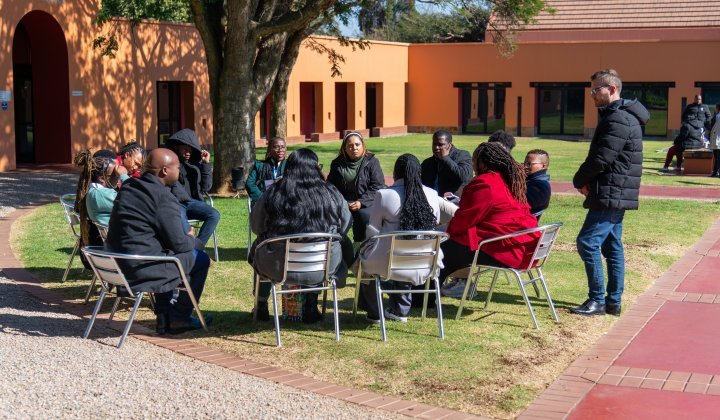In 2008, President Paul Kagame and his cabinet voted to ban plastic bags in Rwanda. This was just one of a series of progressive decisions that shaped the beginning of a journey towards prosperity, and set Rwanda apart from most other African countries, with the single exception possibly being Botswana.
We drove into the capital city of Kigali a few months ago as part of an extensive African odyssey, our Beyond the Rift Valley Expedition – sponsored by Dunlop and supported by Isuzu – and a few things became immediately obvious. The city itself seemed spotless, with barely any litter noticeable anywhere in the streets.
Add to this a colourful, creative, progressive and friendly vibe, and all of a sudden it sounds as if you’re describing a Scandinavian rather than an African capital. Every single one of these observations holds true though, and as far as technological advances go, Kigali is easily on par with any South African city you may care to mention.
Hyper-speed fibre, 4G Internet connectivity, first world infrastructure (including traffic lights that digitally count down), an architecturally modern CBD, city boulevards sans litter… Here you have a metropolis that works, in every sense of the word. The greatest asset of Rwanda, however, must be its people.
They are considered and considerate, and walking around the city at night with my expensive cameras never once posed the slightest of security problems. Now, take into account that one of the world’s most harrowing and brutal genocides took place here in 1994, just more than two decades ago, and what you have can only be described as a modern-day miracle.
This phenomenon carries over to Rwanda’s conservation ethic as well, with their contemporary wildlife protection act currently seen as one of the most successful models in Africa. Rwanda differs from much of Africa in that its focus is not so much the regular ‘Big Five’, but rather the incredible diversity of primate species one finds here upon the Albertine Rift.
Volcanoes National Park undoubtedly rates at the epicentre of this primate diversity, with an incredible 31 species of monkeys and great apes found here. And at the very pinnacle of this specialised eco-tourism model, you will find the gorilla beringei beringei – also known as the Eastern highland mountain gorilla, the greatest of those great apes.
Various family groups in the park are named for the silverback alpha males, with the extensive rainforests of Rwanda providing sanctuary to 20 individual troops. Twelve of these have been habituated over the past few decades, but human interaction is strictly controlled. A minimum distance of seven metres and a contact duration of one hour is enforced, as the similarity in DNA between gorillas and homo sapiens can cause our diseases to be transferred to them.
This obviously means gorilla trekking is a guided activity (a sure way of enabling community development through the employment of rangers, porters and guides), with our team assigned to Prosper Uwingeli for a briefing at Volcanoes HQ. From here, it was a steep and muddy walk via dense rainforest and bamboo thickets, the latter making up most of the gorilla’s diet.
Teams of trackers had gone out earlier to establish visual contact with the gorillas, and we followed them into a forest clearing. Boom! First contact is with the forceful Igisha; the hulking alpha male silverback for which the troop is named. He was squatted down in a grassy nest, contentedly snacking on a bamboo shoot while harrumphing from the pit of his stomach.
The next hour blurred into a time warp of soulful, brown-eyed stares, sub-sonic stomach rumbles, deep-down-from-the-belly sighs, the juicy crunch of bamboo shoots, and – every so often – an unashamedly brazen gorilla fart. We got a couple of minutes of ‘extra time’ before we had to say goodbye to the family (they no longer felt like a troop to us) and then watched them fade into the jade bamboo shadowlands here on the DRC border.
I cannot really put into words the thoughts and emotions which pulsed through our collective consciousness right there and then. And in many ways, I don’t want to. Instead, I’d rather let those feelings germinate and take root, and hope deep down that the resurgence in great ape numbers here in Rwanda will continue, allowing future generations to experience meaningful interaction with one of Planet Earth’s truly special creatures.
Rwanda conservation: setting new trends
Just over a year ago, the Rwandan conservation authorities, under the auspices of the Rwanda Development Board (conservation is run like a business in this progressive country) decided to double permit prices to trek with gorillas. In one fell swoop, permit costs went from US$750 to US$1 500, and naysayers around the world forecast impending gloom for the country’s primate tourism.
Instead, trekking permits have been booked out beyond 2020, in the process nearly doubling the country’s annual gorilla tourism income. (This was pegged at a hefty US$16.4 million in 2016). The good news for communities is that their share of the revenue has been upped to 10% from the previous 5%, engendering massive buy-in at grassroots level.
These steps are echoed by Rwandan government vision, with Minister of Trade and Industry, Soraya Hakuziyaremye, consistently reiterating the importance of conservation to the country’s coffers. “Conservation is life; let us undertake it for life”, she stated, emphasising that it is critical to ensure the well-being of people living in the immediate vicinity of national parks and to also improve their living standards.
Public-private partnerships are as important in ensuring sustainable community development, and the lack of red tape in Rwanda allows easy flow for companies keen to partner with national parks. The Wilderness Safaris Group from South Africa is one such company, and it has recently paired with Rwanda Development Board (RDB) and African Wildlife Foundation (AWF) to establish the premium Bisate Lodge on the edge of Volcanoes NP.
“Purpose is the new luxury”, states Wilderness Safaris COO, Grant Woodrow. “Since 2009 we have contemplated how our ecotourism model could contribute to the conservation of the overall ecosystem in Rwanda. When we made the decision to invest in the country, the last thing we intended to do was to just build another boutique lodge selling gorilla treks”.
This type of responsible ecotourism makes a real difference to rural people and biodiversity conservation, and the vision is that the establishment of lodges such as these will have a far-reaching impact, not only on Volcanoes National Park but also on the adjoining Virunga Massif and the many critically endangered species inhabiting Rwanda and neighbouring countries.
The ‘4Cs’ – Commerce, Community, Culture & Conservation – are key to this, and a pioneering reforestation project has been launched as part of a Bisate Legacy Project. This has already seen more than 25 000 indigenous trees being planted by their newly established Children in the Wilderness Eco-Club. It is this kind of community engagement which will not only enrich the experience of guests but also increase park habitat for gorillas by 27.8 hectares.
In the end, what you have in Rwanda is a three-way collaboration of business-meeting-tourism-meeting-conservation, and the result is a win-win, both for local communities and the endangered great apes. In the word of His Excellency Paul Kagame: “Mountain gorillas are a part of our natural resources and our heritage. It is everyone’s responsibility to conserve and protect biodiversity. In protecting gorillas, we have everything to gain”.
Gorilla Marketing – facts & figures 2017
Annual number of gorilla permits sold – 22 708 permits
Annual income from gorilla permits – US$16.4 million
Annual income from other primate permits (chimpanzees and golden monkeys) – US$833 578
How many tourists per year pass through Volcanoes National Park – 35 567 tourists
Total visitors to other national parks in Rwanda – 58 469 tourists
Number of hectares this will help extend Volcanoes National Park – 3 739 hectares
Staff members employed at Volcanoes National Park as part of primate tourism – 177 people
Five key takeaways from Rwanda’s conservation success
- It is imperative to run conservation agencies like a business, with checks and balances in place to ensure the spread of financial benefits.
- Public-private partnerships are key in not only ensuring successful conservation but also to establish strong development projects from which local communities will benefit.
- Don’t put all your ‘bananas in one basket’: more affordable primate options, such as golden monkey and chimpanzee excursions, allow lower-income tourists to still experience the magic of Rwanda.
- Don’t kill the goose that lays the golden eggs: gorilla interaction is carefully managed to ensure they remain uninfected and minimally habituated, and therefore a long-term source of income.
- Premium pricing of the gorilla product avoids over-exploitation and over-habituation, keeping tourist numbers low in relation to a high income.


